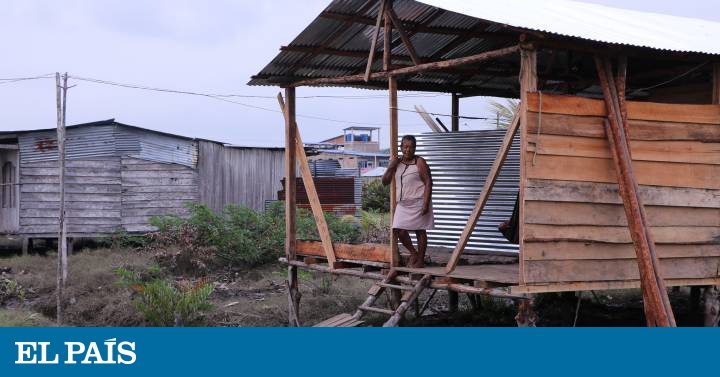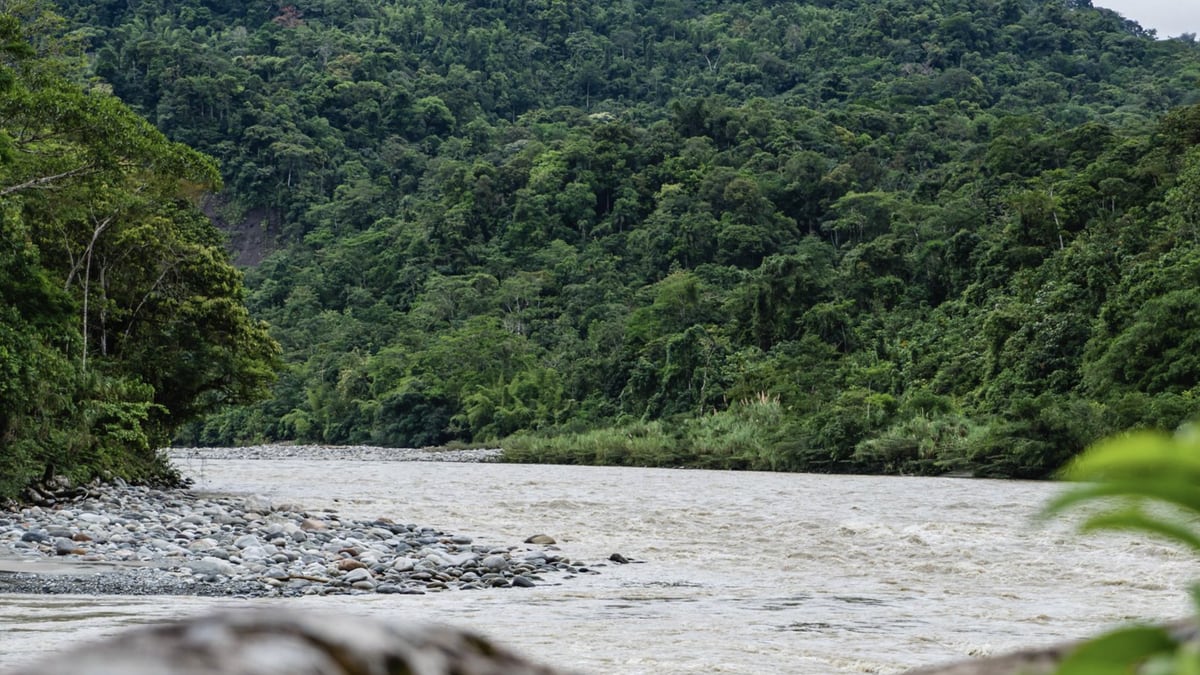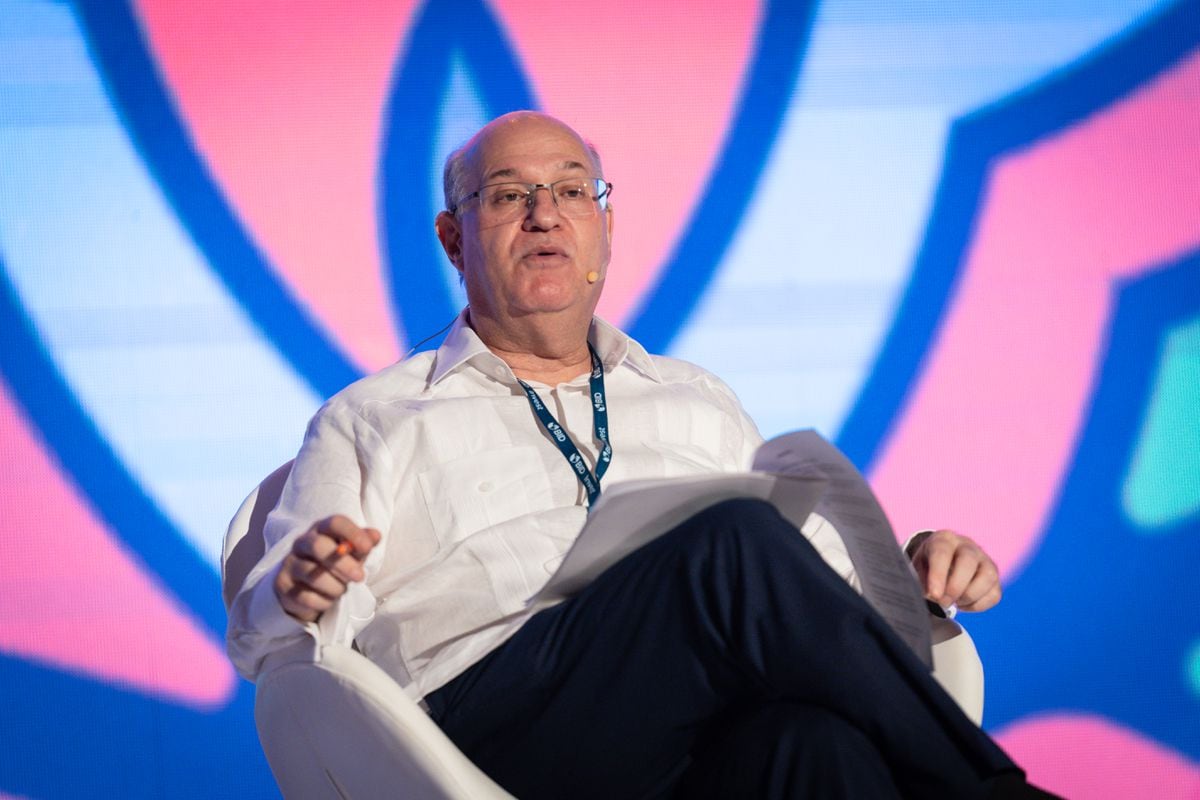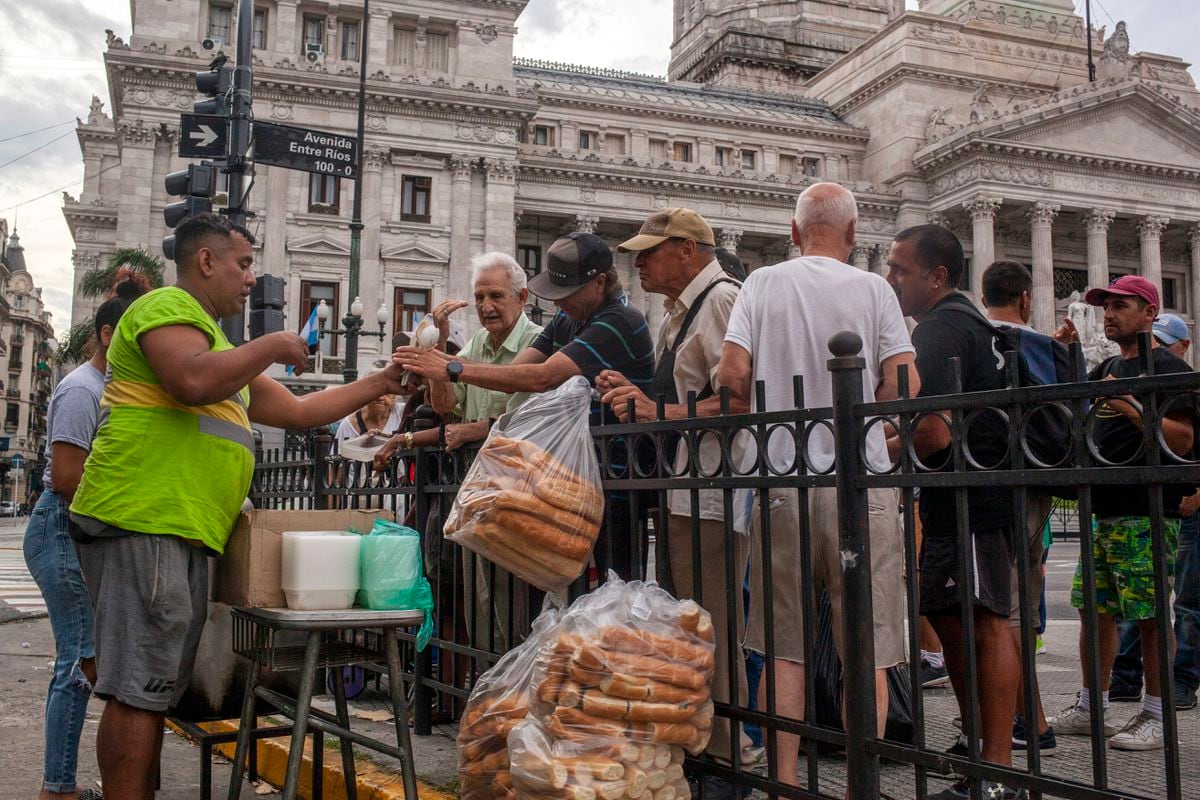The social tremors with which 2019 ended staged the enormous challenges that Latin America and the Caribbean still have ahead. These are challenges that require complex and long-term solutions, and that test the patience of the population, which is understandable. People's urgencies cannot wait when it comes to obtaining medical treatment for a serious illness, having better access to workplaces through an efficient public transport network or receiving support in a situation of family violence. Problems like these cannot wait in the long term, that's why the population is demanding solutions and solutions now.
MORE INFORMATION
Youth, divine treasure that we are neglecting- Disruptive education to combat learning poverty in Latin America
- Obesity: it's time to act in Latin America
In a recent article I had the opportunity to reflect on the challenges that affect the region and on the basic lines of possible responses to those challenges. These are challenges that we all know well: Latin America needs to accelerate its pace of economic growth, reduce inequities and improve governance. Not surprisingly, Latin America is the region that has grown the least in the last 10 years and has the highest levels of inequality.
However, these macroeconomic suggestions, although necessary to establish policy guidelines or guidelines, will require patience until the results are visible. That is, there will be clear discrepancies between what the population demands and what can be offered. And this in turn can be a breeding ground for new collective frustrations. Does this mean there is no choice but to wait and trust? No way.
In this sense, it is very important that macroeconomic interventions are accompanied by interventions in the microeconomic field. That is, initiatives that may not change the large numbers of national accounts, but that can have a direct and positive impact on people's quality of life. Obviously, these types of projects must be specific for each country and for the problem to be solved.
For example, in Argentina, where the economic crisis has helped increase the number of people below the poverty line by 2.4 million, the World Bank is working with the government to mitigate the impact of the crisis through the program of the Universal Assignment for Son, popularly known as AUH. The AUH complements the income of families with children as long as the family income is lower than the minimum wage. Although the program does not seek to solve poverty problems on a permanent basis, it tries to reduce the impact of the economic situation on a disadvantaged group.
Or consider the case of Colombia, where the World Bank is collaborating with the authorities to improve the quality of the health system. One of the components of the project in which we work with the Government aims to increase early detection of breast cancer from 56% to 69%. It is clear that we cannot wait for the macroeconomy to be resolved to strengthen the fight against cancer.
In the same context, it is also trying to make health systems more inclusive and ensure that in the 32 departments of the country the foreign population is allowed to join social security. This aspect is particularly important in the case of Colombia, a country where the number of Venezuelan migrants is estimated at around 1.63 million. Nor is this program going to solve all of Colombia's health problems or those of immigrants, but we hope to improve health services for the population significantly.
Finally, in Mexico we are supporting the government to expand financial access in rural areas, where it is estimated that only 10% of the population has access to credit, which limits the possibility that an entrepreneur can invest and generate wealth, and that families can borrow money to deal with an emergency. In this case, our goal is to facilitate access to credit for some 315,000 people. And as in the previous cases, although this intervention will not definitively solve the country's deficiencies in financial access issues, it can improve the situation of a large number of people.
These are just 3 of the 213 operations that the World Bank is implementing in the region to complement macroeconomic interventions. They are surely partial answers to the problems of the region, but extremely necessary if we observe the daily sufferings, mainly of the most vulnerable. And they are also an indication that there is a possible way to begin to solve the most urgent demands of the population.
Humberto López is acting vice president for Latin America and the Caribbean of the World Bank.


/cloudfront-eu-central-1.images.arcpublishing.com/prisa/Q6UJ4IEP6ZGLZLS3MSHF7LNYOU.jpg)
/cloudfront-eu-central-1.images.arcpublishing.com/prisa/2C5HI6YHNFHDLJSBNWHOIAS2AE.jpeg)
/cloudfront-eu-central-1.images.arcpublishing.com/prisa/EMYXC3EVHNEG3OJHGIQCB2IVYA.jpg)

/cloudfront-eu-central-1.images.arcpublishing.com/prisa/RHYRDMQQ7BG5JOUSKAXBLKE6YE.jpg)








